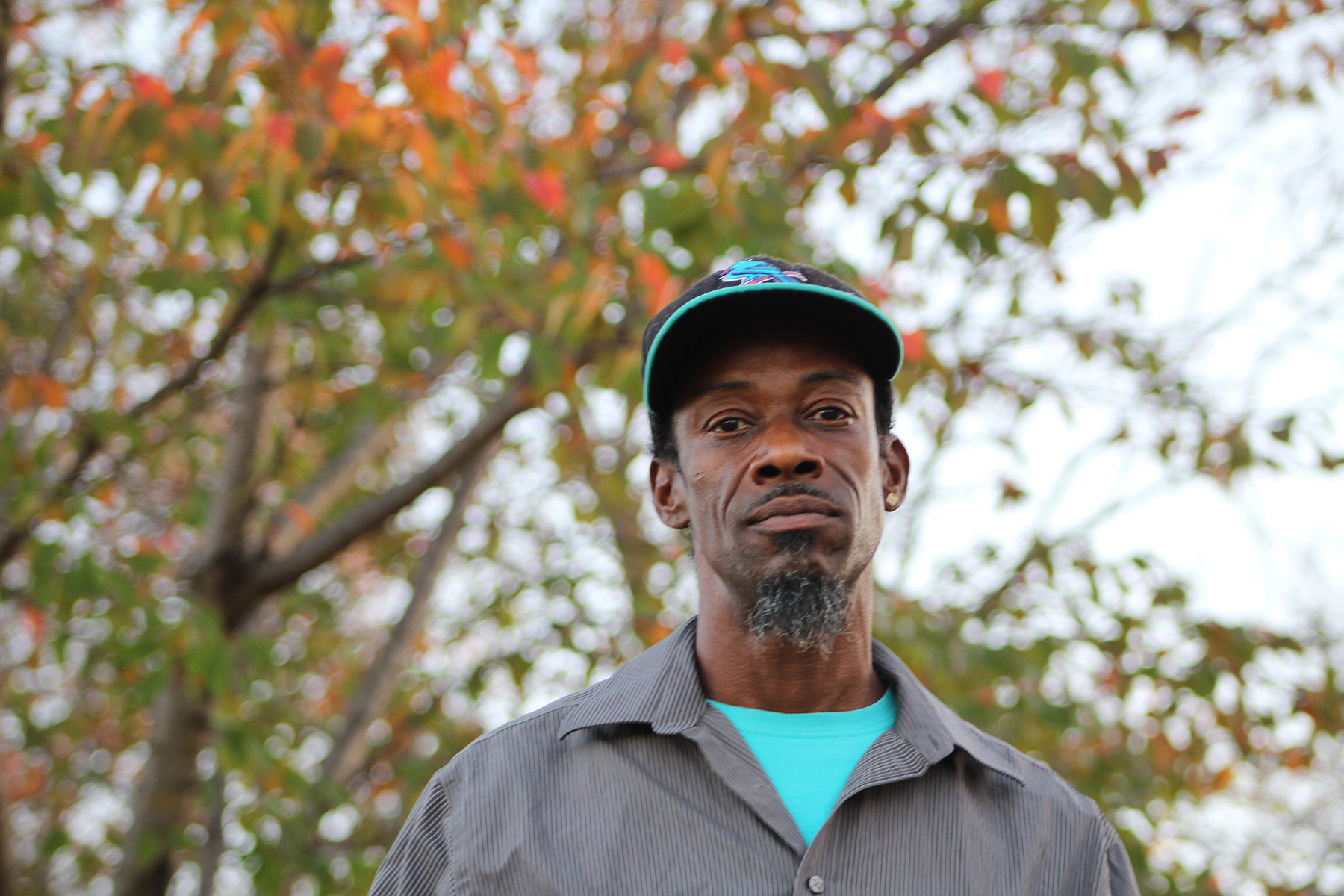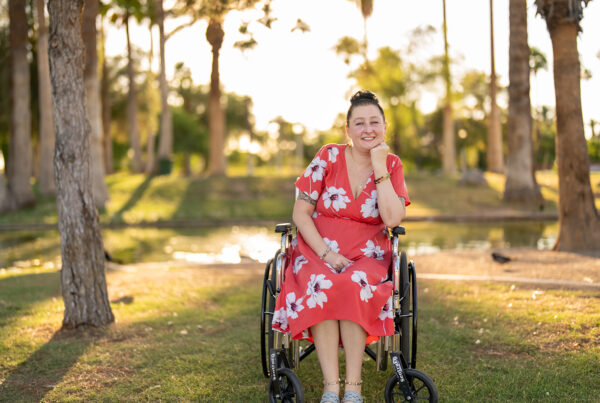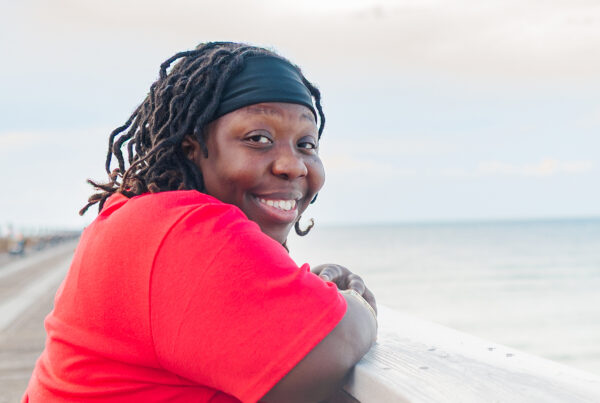It has been three decades since Christopher last stood on a battlefield, but sometimes the scars of war feel as raw as ever. Like when his kids jump from behind the door to play, and he’s left frightened and shaking. Or when he jolts awake from a nightmare, drenched in sweat.
As a veteran, Christopher is used to those nightmares. They are part of his battle with PTSD. “It was bad,” he says of his time as a marine during Operation Desert Storm. “I saw dead kids. Dead bodies. People decapitated.” The memories weigh on him like a curse.
But the nightmare that he least expected took place inside an American jail.
While driving in his hometown of St Louis City, police pulled Christopher over during a traffic stop, searched his car, and arrested him for alleged possession of a controlled substance. At the arraignment, a judge set bail at $1,000, an amount well beyond his reach. And just like that, the 52-year-old father was hauled to jail until his next court date.
Christopher always knew he wanted to serve his country. His family has deep roots in the military. Both of his parents served in Vietnam. He was only 17-years-old and still in high school when he decided to enlist in the Marine Corps. He had been offered a full-ride scholarship to Vanderbilt University but was eager to see the world and serve his country instead.
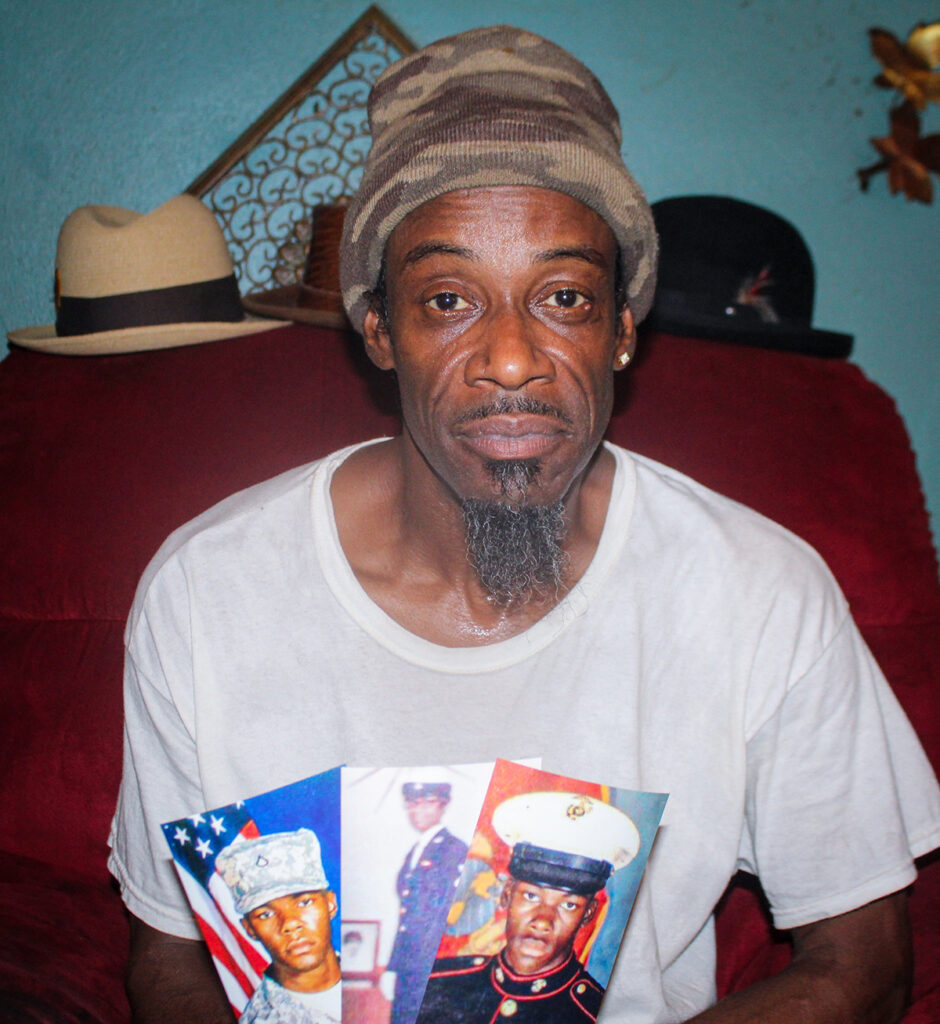
Soon after basic training, he was deployed to the Gulf War. He said goodbye to his two-month old son and promised him that he would be back.
When he returned home five months later, he started working on a local military reserve site in order to provide for his family. But after missing one shift he was discharged under “conditions other than honorable” for unsatisfactory participation in drills.
This wasn’t the hero’s welcome home he expected.
“They were kicking people out left and right when we came back,” he said. “They were getting rid of people for nothing.”
As a result, Christopher was no longer eligible to receive veteran’s benefits, including access to mental health treatment. As years passed, the PTSD became clear.
Despite repeated attempts to access mental health benefits for veterans, his requests were rejected. For a short time Christopher turned to drugs to cope.
“Substance use is very prevalent for people who served in the military,” he shared. “Sometimes I turned to it, it was temporary relief, but it didn’t go away.”
Nearly 1 in 10 people in U.S. jails are military veterans, according to the Preliminary Assessment of Veterans in the Criminal Justice System. Compared to the general population of people in jail, incarcerated veterans have elevated rates of mental health issues, specifically PTSD.
“There’s no help out there in the system for people with mental trauma,” says Christopher. “It’s just a whole lot of paperwork and sitting on hold with the VA.”
Because Christopher didn’t have $1000, he sat alone in jail for six weeks, some of which was spent in isolation. During that time he lost his job as a house painter and his family worried about his health.
“Being incarcerated made my PTSD worse,” he says. “You’re in a cell 23 hours and out only for one hour.”
Christopher sees parallels between his experience in the military and the criminal justice system .
“I loved serving our country, but I don’t love the military. Those are two different things. The military is just more bodies, just like the prison system,” Christopher said. “Police are targeting us. They target certain neighborhoods. They put people in jail and keep the jails loaded. The cash-bail system is a money- making machine.”
When The Bail Project learned Christopher was in jail because he couldn’t afford bail, we quickly stepped in to help. We paid his bail and as a result, Christopher was able to return to his family and fight his case on the outside.
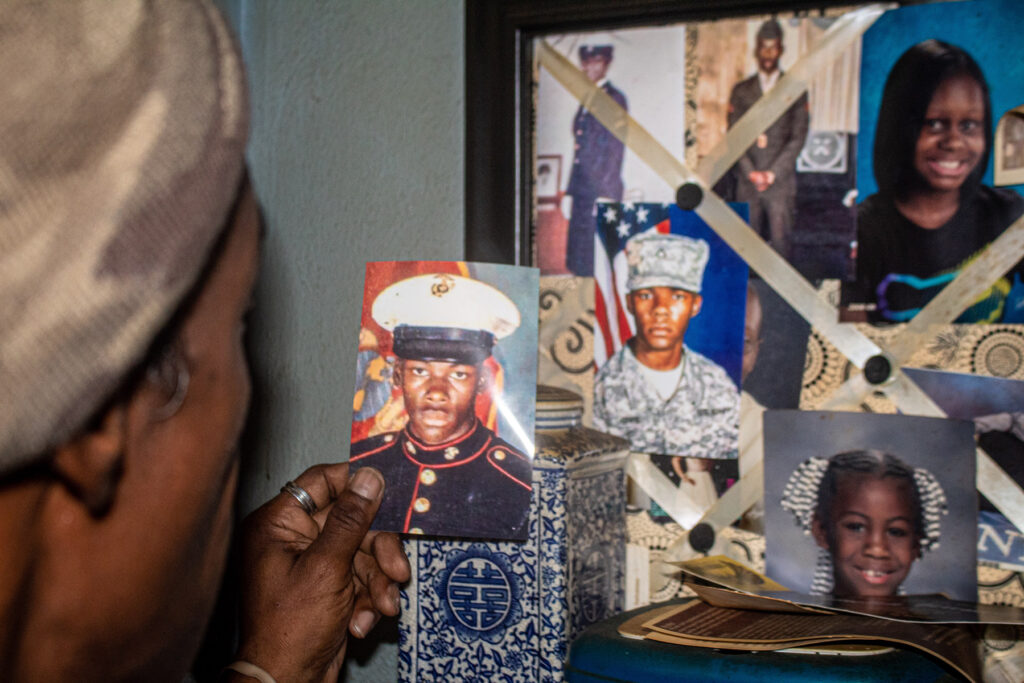
A few months later, Christopher and his public defender finally had their day in court. They presented evidence as to why Christopher’s charges should be dropped. The judge agreed. Christopher’s case was dismissed.
“The police did an illegal search. They had no probable cause,” Christopher said. “I would have been in jail for several more months had you guys not bailed me out.”
Christopher quickly found a new job. With his case behind him, he is now focusing on his kids. Most evenings you can catch him playing basketball with his son. His family’s unconditional love and support mean everything to him.
While he doesn’t typically celebrate Veterans Day because of how complicated his experience in the military was, he does welcome simple expressions of gratitude.
“When a person says ‘thank you for your service,’ it goes a long way.”
Thank you for reading. The Bail Project is a 501(c)(3) nonprofit organization that is only able to provide direct services and sustain systems change work through donations from people like you. If you found value in this article, please consider supporting our work today.







